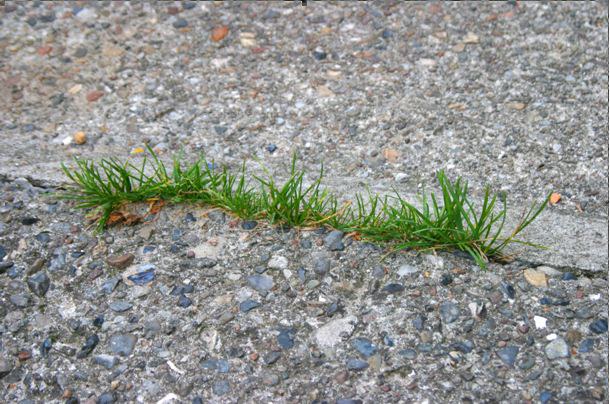The article was written with the contribution of Gergely Tóth, iASK deputy-director and was released in Land, Nr. 11., 2022.
Abstract
The negative impacts of soil sealing are numerous, from withdrawing fertile soil from biomass production to modifying the microclimate and decreasing biodiversity. Many of the processes are interrelated and propagate further undesirable consequences from local to global levels. Three issues are especially important from the viewpoint of multiscale ecological cycles and consequent environmental impacts. One is soil organic carbon (SOC), the other is soil water management and the third is biomass productivity. In this study, we assessed the lost carbon sequestration potential due to soil sealing in functional Urban Areas (FUAs) of Europe, the potential effect of soil sealing on the topsoil to hold water to its full capacity and the loss of biomass productivity potential. Findings revealed that one-fifth of the area of soil that became sealed between 2012 and 2018 was of high productivity potential, and almost two-thirds was of medium productivity potential. New soil sealing caused a loss of carbon sequestration potential estimated at 4 million tons of carbon of the FUAs and also caused an estimated potential loss of water-holding capacity of 668 million m3.
Keywords: land degradation neutrality; land degradation; soil organic carbon; urban expansion; land take
The article is available HERE with full text.
